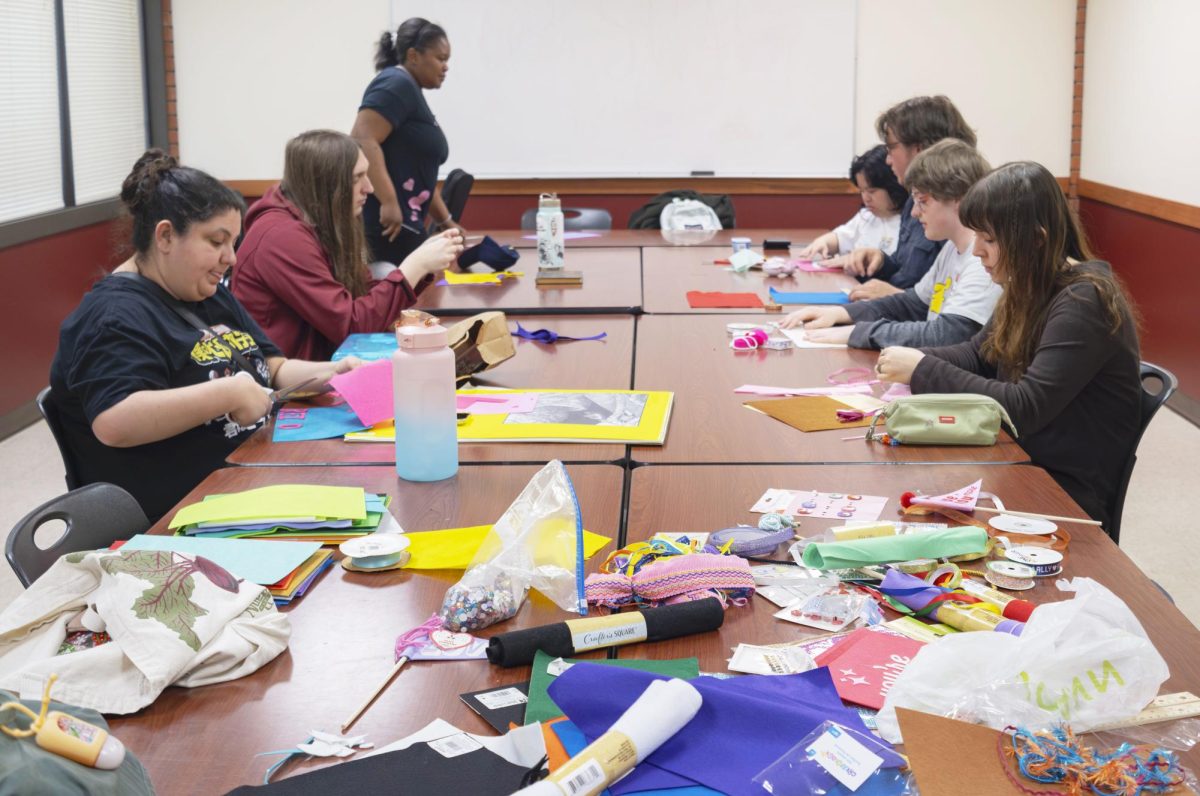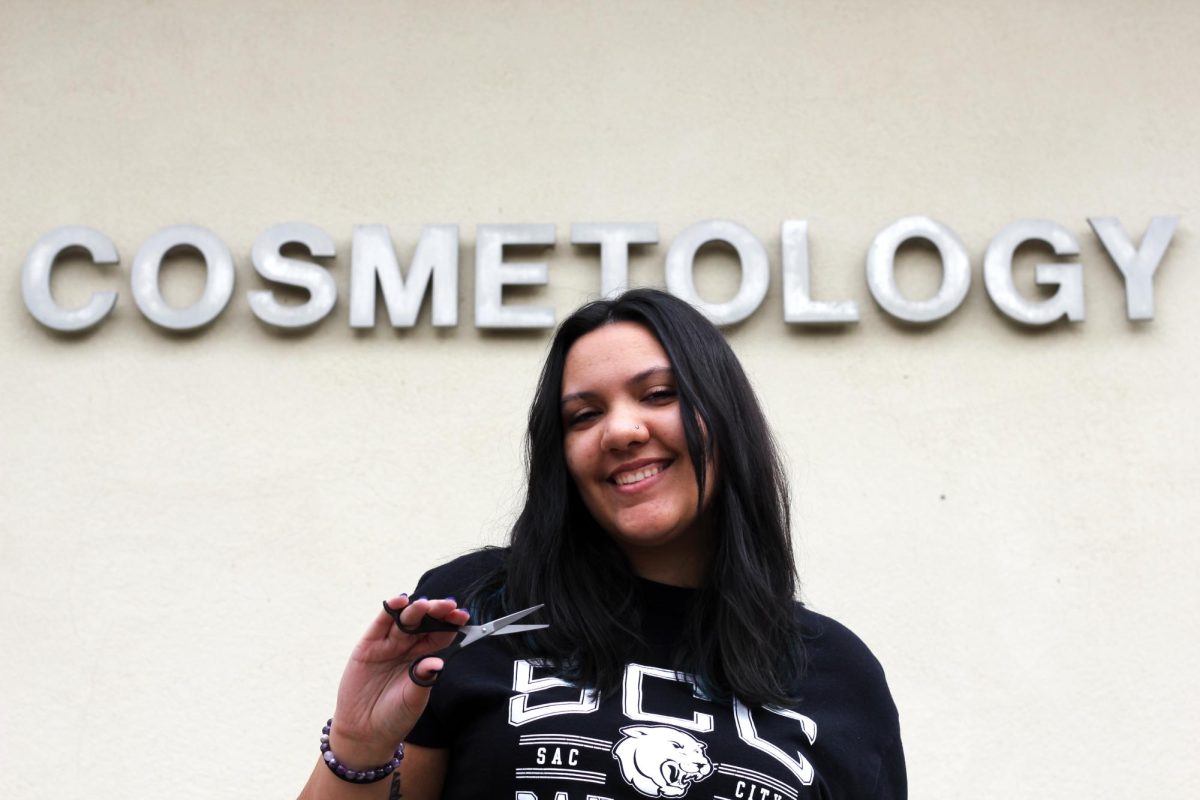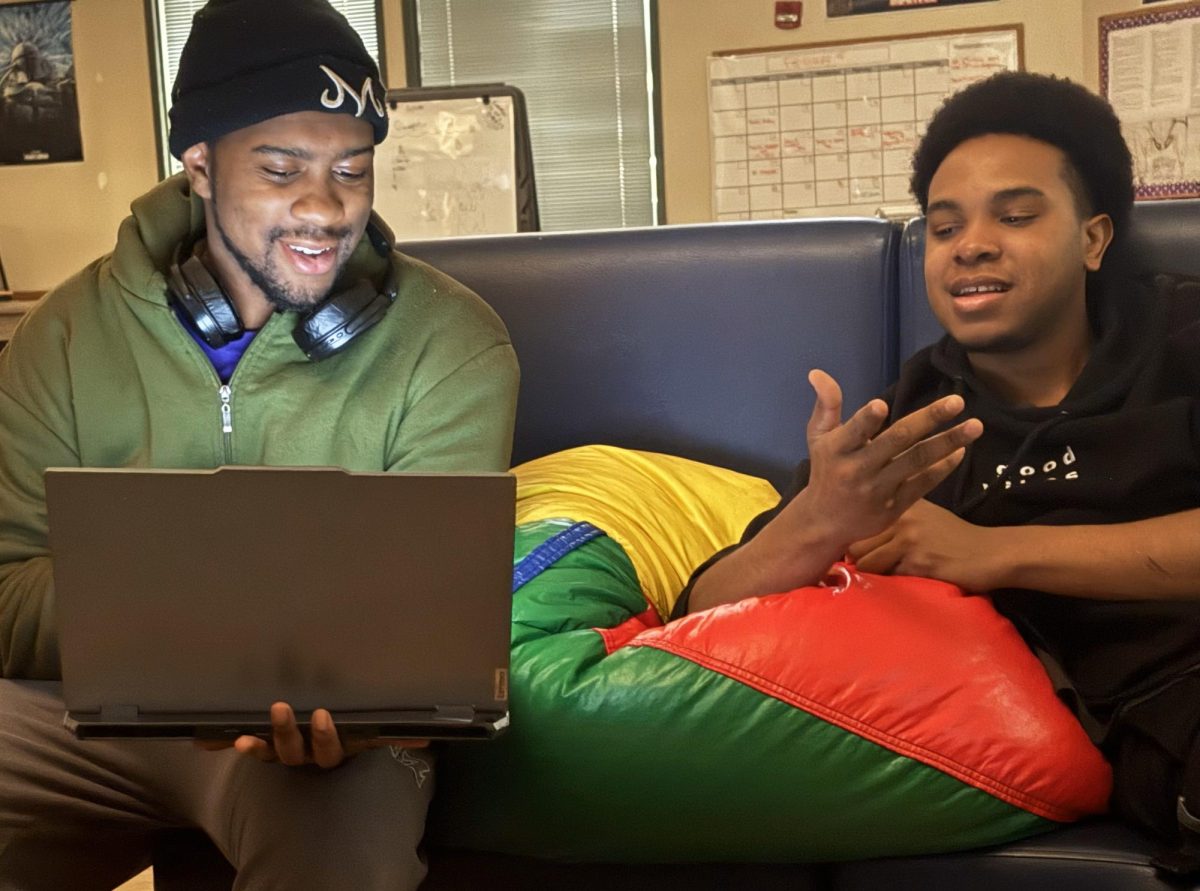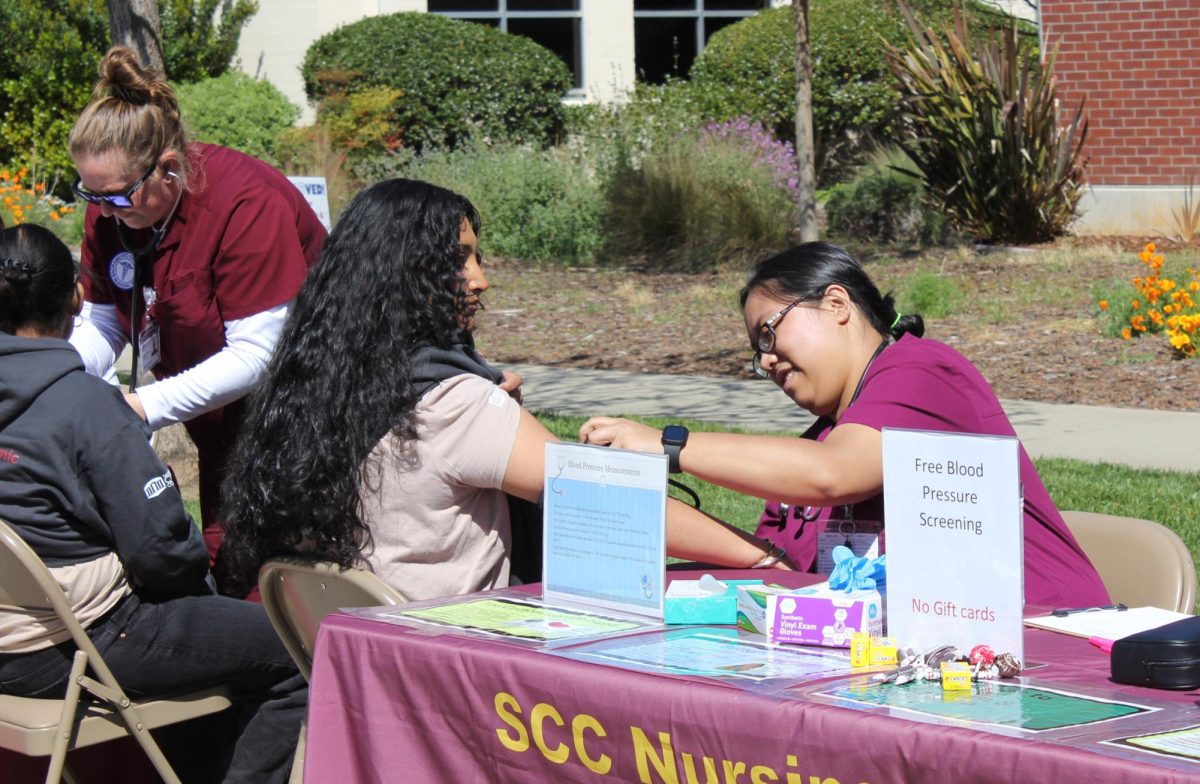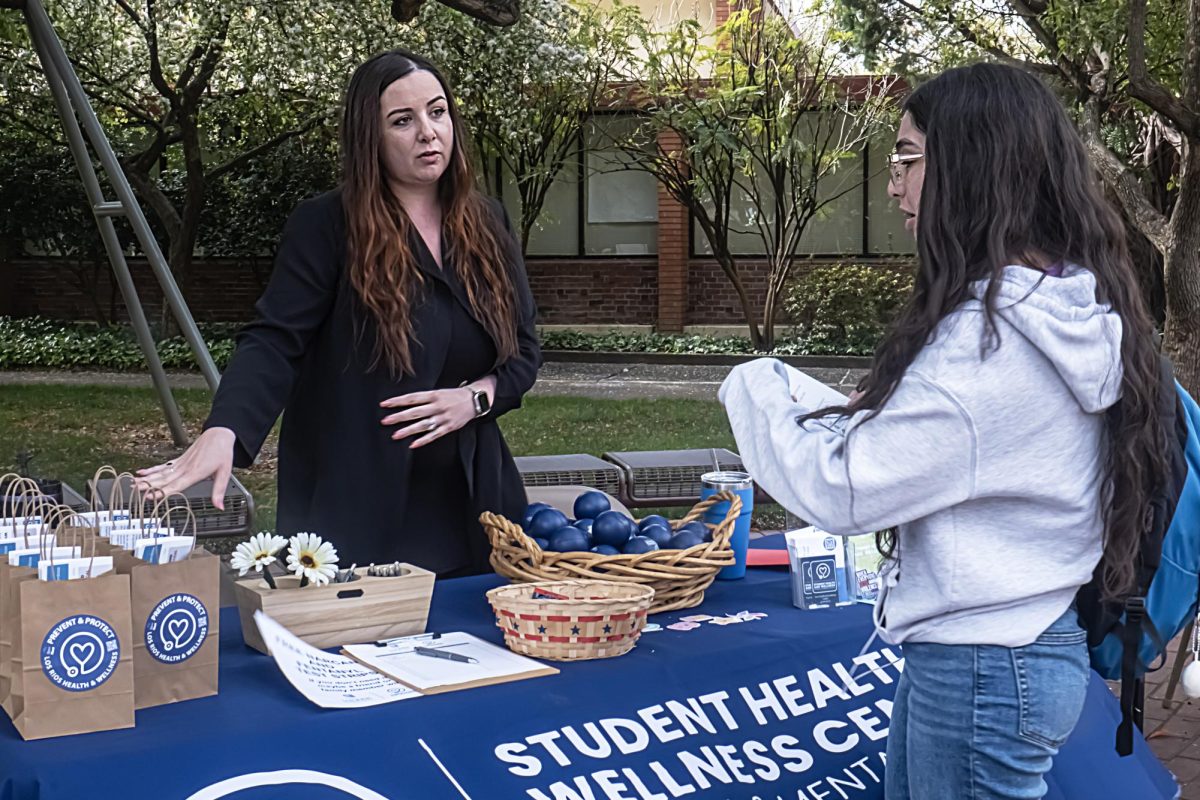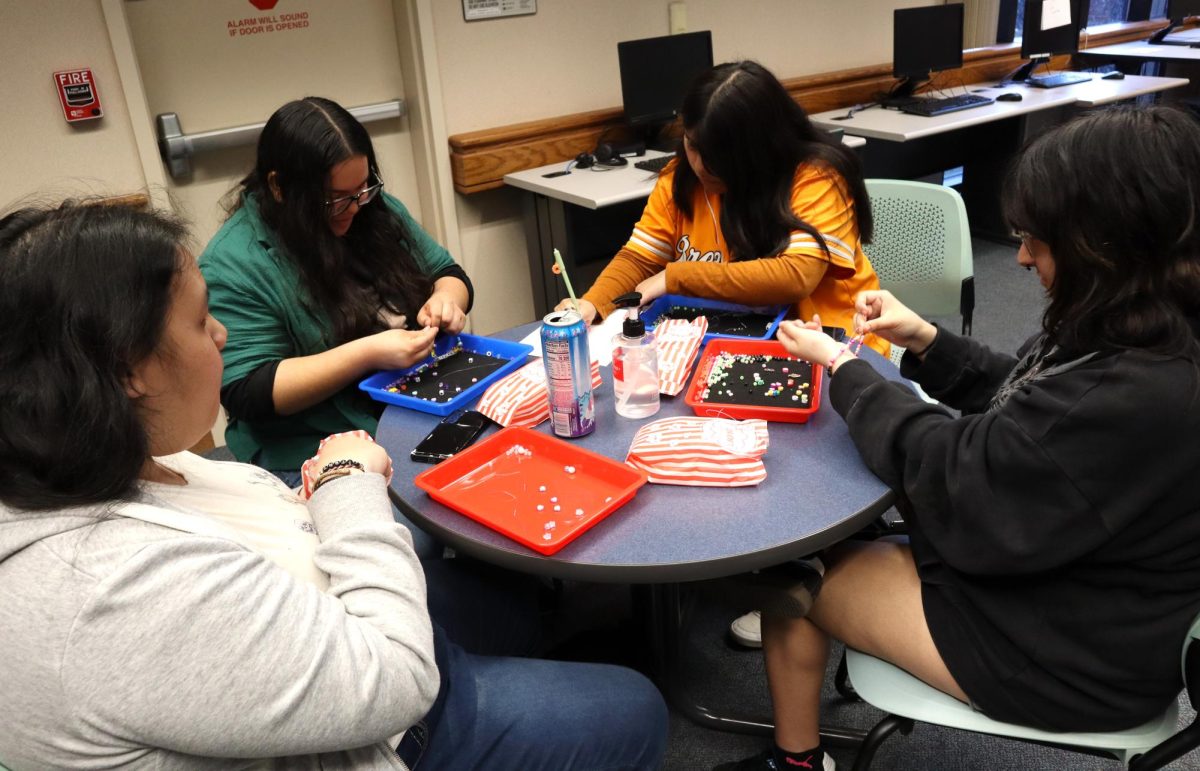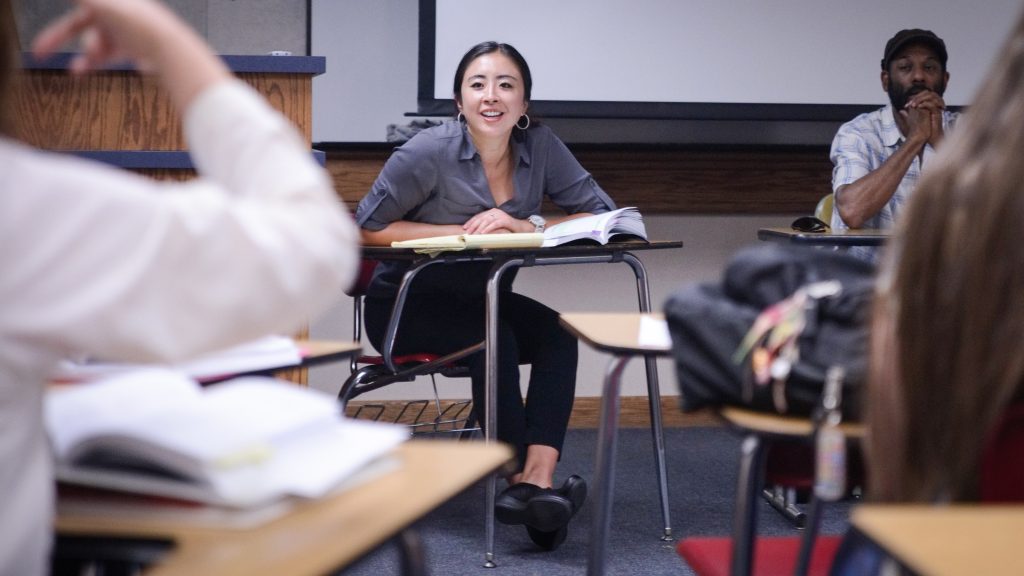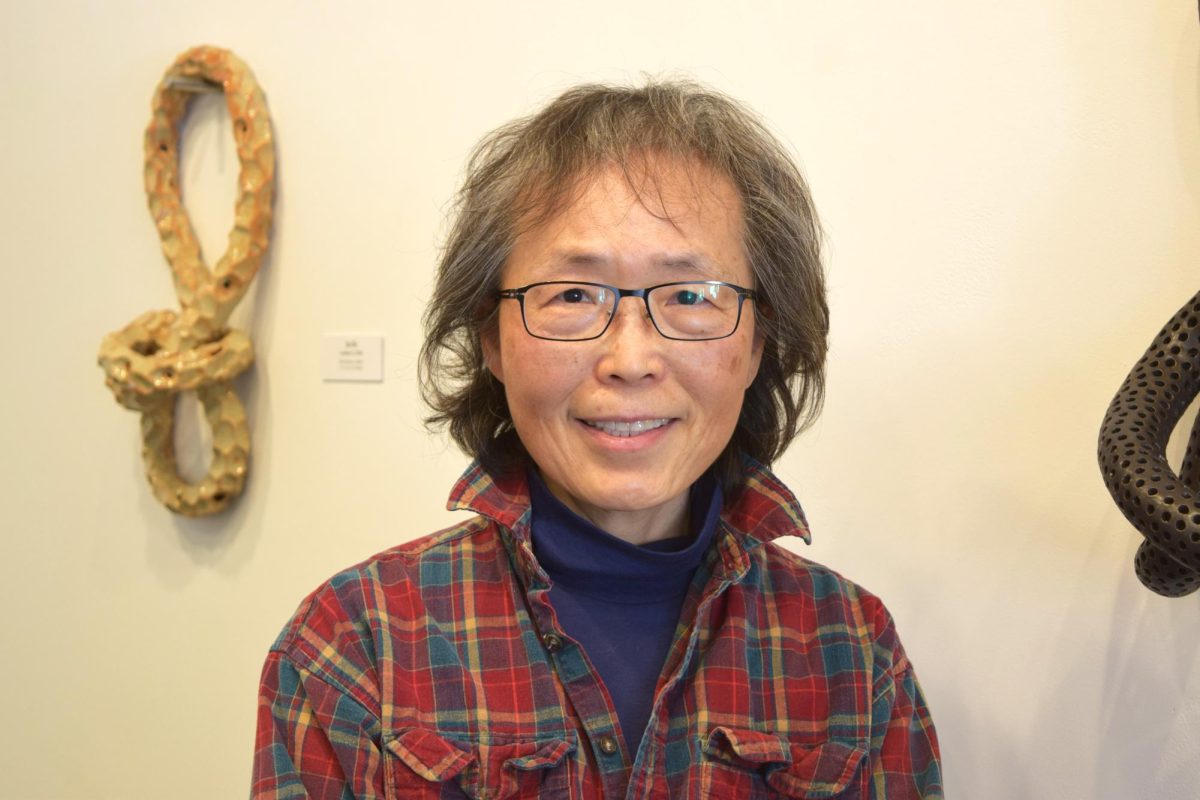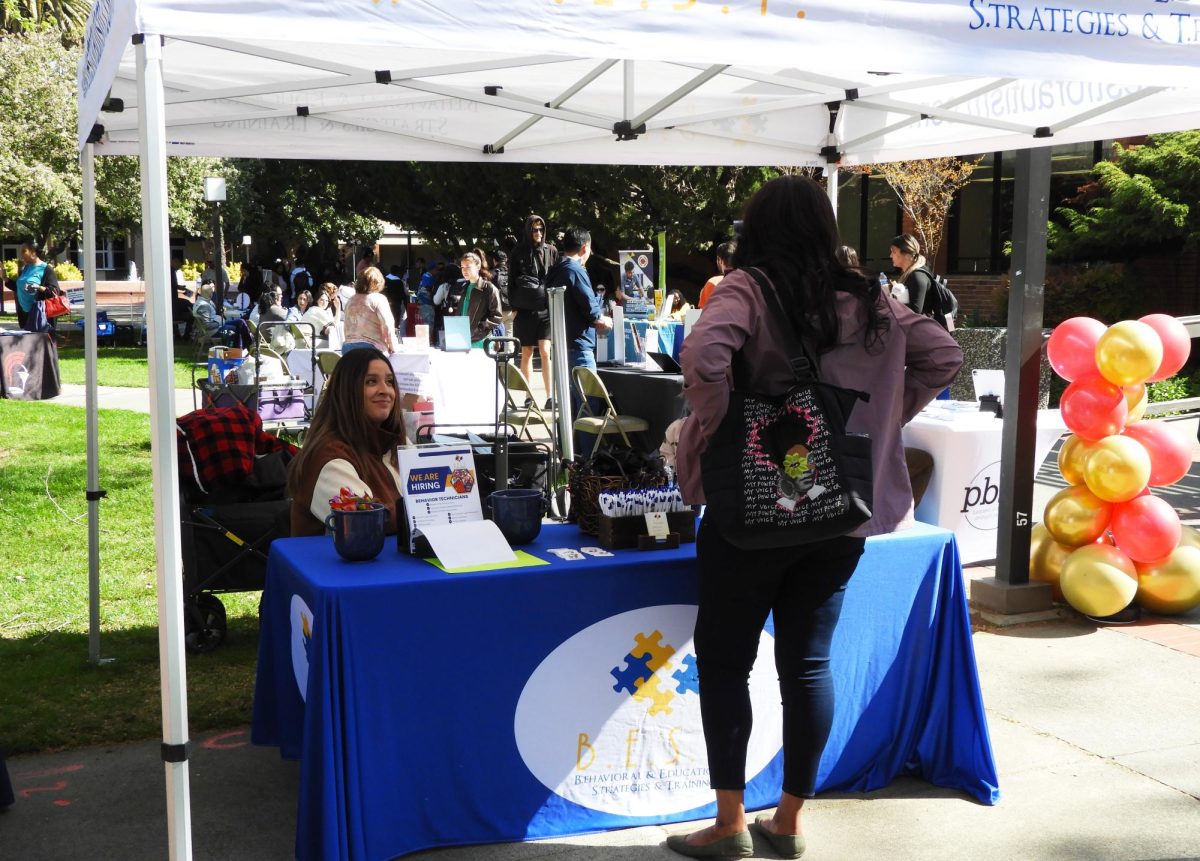Marilyn Franco
Staff Writer
mfranco.sccexpress@gmail.com
When students have opinions about their professors, they’ve got a number of ways to share them. They can rave or complain to their friends, raise concerns with the professor or just keep it to themselves.
Or they can describe their experiences anonymously on RateMyProfessors.com.
With more than 19 million ratings and 1.7 million professors, Rate My Professors is a popular online database of anonymous, unverified student reviews of college professors from across the United States, Canada and the United Kingdom.
“I use this website to find the most beneficial professors that I will actually learn from,” says City College student Brenda Bernal. “However, I can see some people using it to fly through a class the easy way.”
After selecting a professor to rate on the website, students enter information about the class, give the professor an overall rating, and rate the level of difficulty on a scale of one to five.
There are also 20 possible tags that students can choose to best describe the professor. Some of the descriptors include “gives good feedback,” “tough grader” and “clear grading criteria.”
The tool is meant for students, but City College political science professor Paul Frank believes it can help make constructive changes.
“In the classroom, students don’t always give feedback, and they don’t always give you negative feedback,” says Frank. “I want people to tell me if there’s something I can improve on.”
Frank views the site as a valuable insight into students’ opinions of their instructors, and he’s not the only one. City College political science professor Syreeta Harada also sees value in it.
“I appreciate all feedback, both positive and negative, as both help me grow and develop into a better educator,” says Harada.
Though the site tries to make its ratings seem fair, some professors and City College students feel the numbers don’t always accurately represent the professors.
“It’s not always an accurate guide,” says City College student Mariah Castillo, who used the website during her freshman year and the beginning of her sophomore year. “It can be helpful when looking for a professor for a class, but everybody has different opinions and learning techniques.”
Another City College professor, Michael Challender of mathematics and statistics, says students use the site to go shopping for a professor. After seeing some variance in his ratings, Challender noticed one rating that he feels doesn’t accurately reflect him as a professor.
“Only take his class if you are really good at math,” wrote the anonymous student-rater. “He was vague and confusing, and I relied on my textbook and study group to learn. If math isn’t your strong suit find a different professor or a good tutor.”
After seeing comments given by other students, Challender notes that he goes beyond trying to help his students succeed in his classes, noting one student in particular he went the extra mile with.
“I went so far as to make her a study guide for one test that was, problem-for-problem, the same as the class test, then went over how to do the problems,” says Challender. “She still failed.”
There are many other factors students should consider when deciding on a professor, says Frank. Some students like the website because it offers them an inside look at the professor’s teaching style and acts as a glimpse of the class, but others are wary of the website’s biased comments.
Despite mixed reviews on the website, Harada sees the big-picture value in the site for college students.
“It is important for students to have a platform to voice their experiences with professors,” says Harada. “Any system can experience fraudulent to inaccurate information, but in my experience, I have not heard of or seen any concerns of fake reviews.”
Frank doesn’t want students to only take classes that seem the least difficult.
“They should take classes that are challenging, and base their decisions on that, rather than how easy it is,” says Frank.
However, Frank suggests that reviews cannot always be trusted and will occasionally lead students astray.
“Statistically, it’s hard,” says Frank. “It’s like saying which batch of apples taste best. Well, I only have five apples here, and they’re all good. And I have a hundred apples here, but there’s a couple that don’t taste good, and I grab the one that doesn’t taste good.”
Apart for some uninformed and biased comments, raters can still provide information that benefits both students and professors.
“He hasn’t updated his online stuff like articles/quizzes for a few years, though, so that was a little irritating,” an anonymous rater posted about Frank. “But it was still a great class.”
This coming semester, Frank says he will consider the comments on Rate My Professors and make some changes to his classes accordingly. For students who use the website, Frank suggests taking the reviews with a grain of salt.
“Rate My Professors is one factor, it certainly shouldn’t be the only factor,” says Frank. “I think students really need to look at a lot of different things besides just reading Rate My Professors.”









